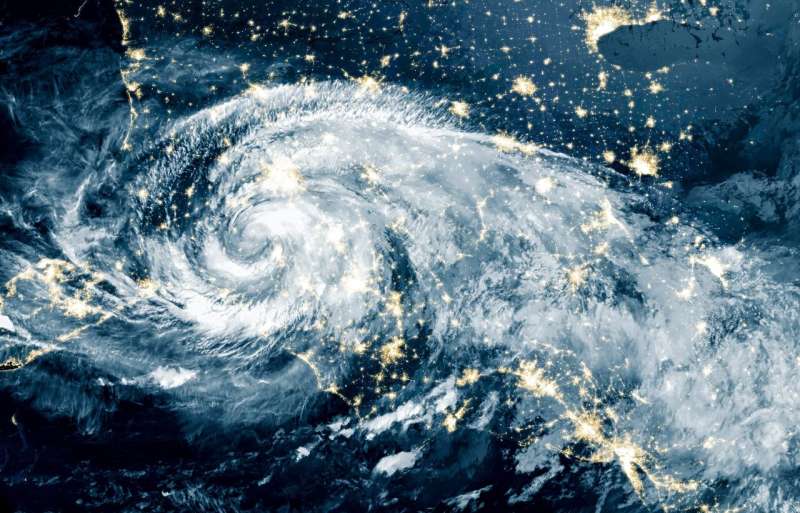What Hurricane Michael taught us about preparing for this year's hurricane season

As we enter into the new Atlantic hurricane season, it seems like only yesterday that we were all watching and feeling for the people affected by Hurricane Florence in the Carolinas and Hurricane Michael in the Panhandle and the southeast. Many of those folks were devastated, their homes and livelihoods literally gone, some forever.
The National Hurricane Center, on the campus of Florida International University in Miami, recently determined that Hurricane Michael's estimated intensity at landfall was 160 mph, making it a category 5 storm on the Saffir-Simpson Hurricane Wind Scale. Michael was the first hurricane to make landfall in the United States as a category 5 since Hurricane Andrew in 1992, and only the fourth on record. The others are the Labor Day Hurricane in 1935 and Hurricane Camille in 1969.
Although South Florida was spared in the 2018 hurricane season, there were still some takeaways for the 2019 hurricane season:
Hurricanes don't take weekends off, people do
Michael made landfall in the Florida Panhandle on Wednesday, October 10th, just after the Columbus Day holiday weekend. Think about it. For many going into a three-day holiday weekend, having fun and enjoying some time off is foremost on their minds. The last thing on their minds is evacuating, buying hurricane supplies and protecting their homes. So for many, not paying attention to news about Michael until after the weekend may have meant it was too late to finish all their preparations.
Rapid intensification of a hurricane can happen quickly and is difficult to forecast
Traveling from south to north towards the Panhandle, Hurricane Michael had a clear "speedway" over the very warm waters of the Gulf of Mexico. While forecasting hurricane tracks have improved, forecasting intensities is still a major challenge, and rapid intensification is even harder to predict. Thus, threatened residents need to respect all hurricane categories, because a predicted category 1 or 2 could very well intensify to a category 4 or 5 quickly, just like Michael. So, when a hurricane warning is issued, it means hurricane conditions are expected, so prepare, end of story.
Evacuate when told to do so
The National Hurricane Center now issues storm surge watches and warnings. If they are issued, and local officials ask your area to evacuate, don't hesitate, don't second-guess, don't gamble, just go!
Seriously consider flood insurance
It can flood almost anywhere at any time in Florida. If you can afford it, get the insurance. It was so sad to hear how many residents in Texas and North Carolina did not have flood insurance when Hurricanes Harvey and Florence dropped record-breaking amounts of rain.
We need to re-build smarter and stronger for future hurricanes
Florida is the "hurricane capital" of the United States, and many of our exposures (people, buildings, and infrastructure) are vulnerable. If we don't better manage our risks before an event and re-build after an event to increase our community resilience, all we are doing is going around in circles.
Now is the time to prepare your family, home and business for the new hurricane season.
Provided by Florida International University





















